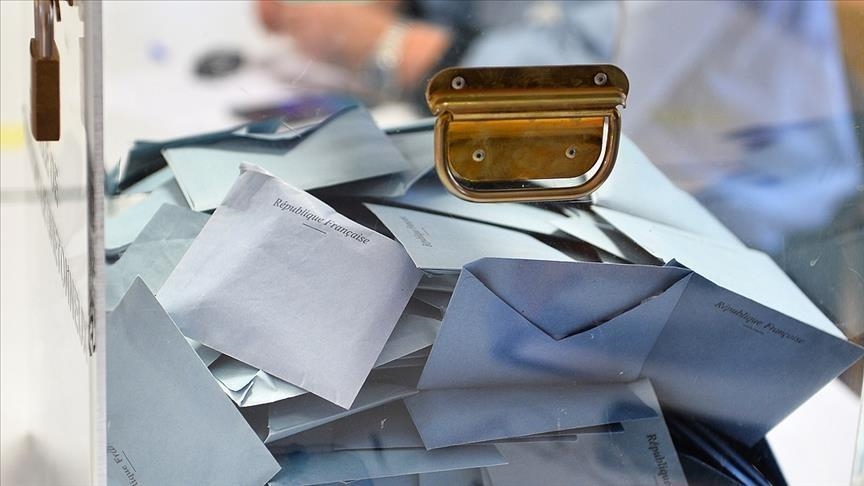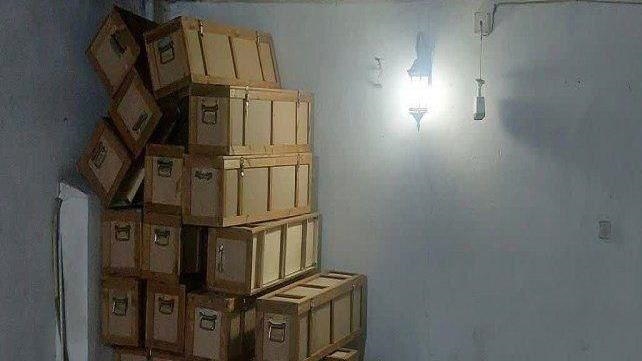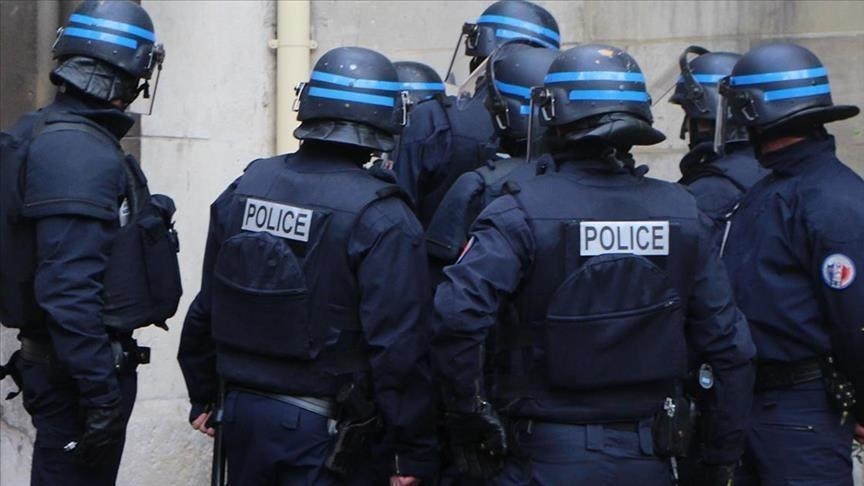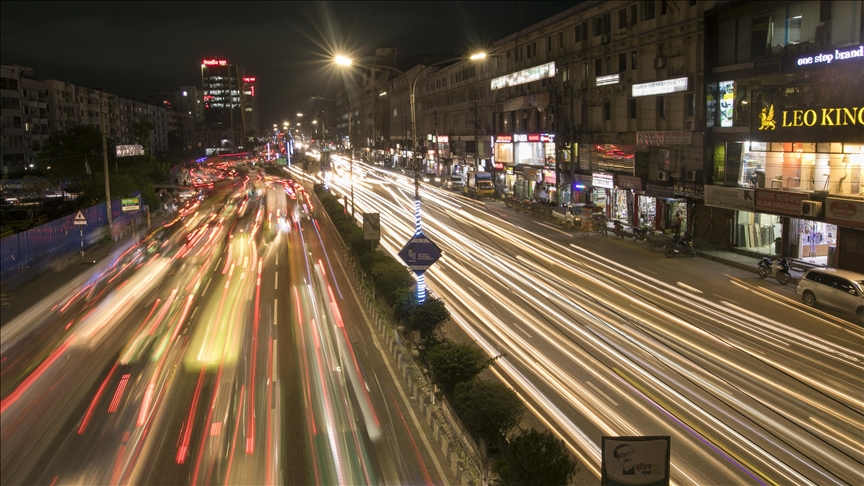France heads to polls in legislative elections
PARIS
French voters will cast ballots Sunday to elect its legislature.
Emmanuel Macron won the presidency in April — the first head of state to win reelection in two decades.
The first round of elections for the government’s lower house, the National Assembly, is Sunday with the second round one week later on June 19.
Despite a strong majority in his center-right party, Macron will face stiff competition from a coalition known as the New Ecological and Social Popular Union, or NUPES — a group of four opposition parties that chose to band together against Macron.
They are comprised of the Socialist, Communist, EELV Greens and France Unbowed parties.
The National Assembly comprises 577 seats. As part of the coalition, the four parties of NUPES agreed to back just one candidate for each of the seats: 100 from the Greens, 70 from the Socialists, 50 from the Communists, and 360 from the France Unbowed movement.
The latter is the party of Jean-Luc Melanchon, the MP who represents Marseille and who needs to be reelected to his seat.
Part of his drive toward victory is the hope for an appointment as prime minister — not too wishful thinking since incumbent Elisabeth Borne must win her seat.
By law, any sitting minister who holds a bigger role in government, like Borne, must step down if that person loses a race.
If Melenchon’s alliance wins a majority and Borne loses her seat, the rise to prime minister could be his if Macron seeks to appoint him to bring the left into his circle.
Melenchon was third in the presidential elections in April, garnering 21.95% of the vote behind far-right candidate Marine Le Pen.
In France’s capital as well as in its various regions, multitudinous issues rule the day, from fishing rights in the northwest to immigration issues in Calais in the north and on the Mediterranean, and farming issues in the middle.
Elevated gas prices and inflation are hitting ordinary consumers in and around bigger cities.
For voters like Tristan, a technician working in theater production in Paris, the issue of the environment is of utmost importance. He will vote in the suburbs, in the 10th district of Seine-Saint-Denis, where he grew up.
“I’m going to vote this Sunday and next Sunday also, for my candidate Nadege Abomangoli. She used to be a cleaner in hotels and is supported by the parties of the NUPES, which I hope is going to get a lot of deputies and representatives because they carry the true, intelligent projects of society including ecological needs and measures, which are absolutely crucial,” he said.
A genuine divide exists between those who favor Macron and his system of governing and those who do not, feeling that he has accomplished little and that much of his presidency has been more posing than doing.
Those who stand firmly on the side of the president, however, feel the strong need to pull together. And that opposition, dissent, is positive for the country.
“On Sunday, I’m going to vote for the candidate for Les Republicains. I’m not very optimistic about her chances to be elected but still I think it’s important to have an opposition in this country,” said Wali, who works in the life insurance industry in Paris. “I think President Macron will still do well for the future, for Europe.”
“For me, it’s very important to solve the problem of unemployment in this country and security too because there is a lot of insecurity in this country. For me, this is the most important,” he said.
According to an IPSOS-Sopra-Sterio poll conducted Friday, Together!, which is a coalition of parties that support Macron–La Republique En Marche, MoDem and Horizons, is barely inching out the NUPES, in a 28% versus 27% contest.
Marine Le Pen’s National Rally is seizing 19.5% of the vote.
Anadolu Agency website contains only a portion of the news stories offered to subscribers in the AA News Broadcasting System (HAS), and in summarized form. Please contact us for subscription options.




